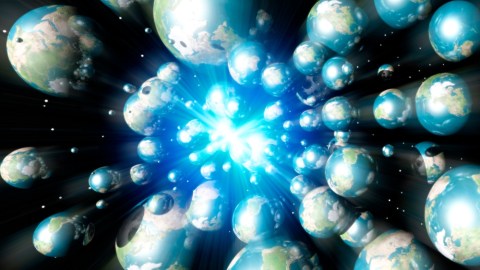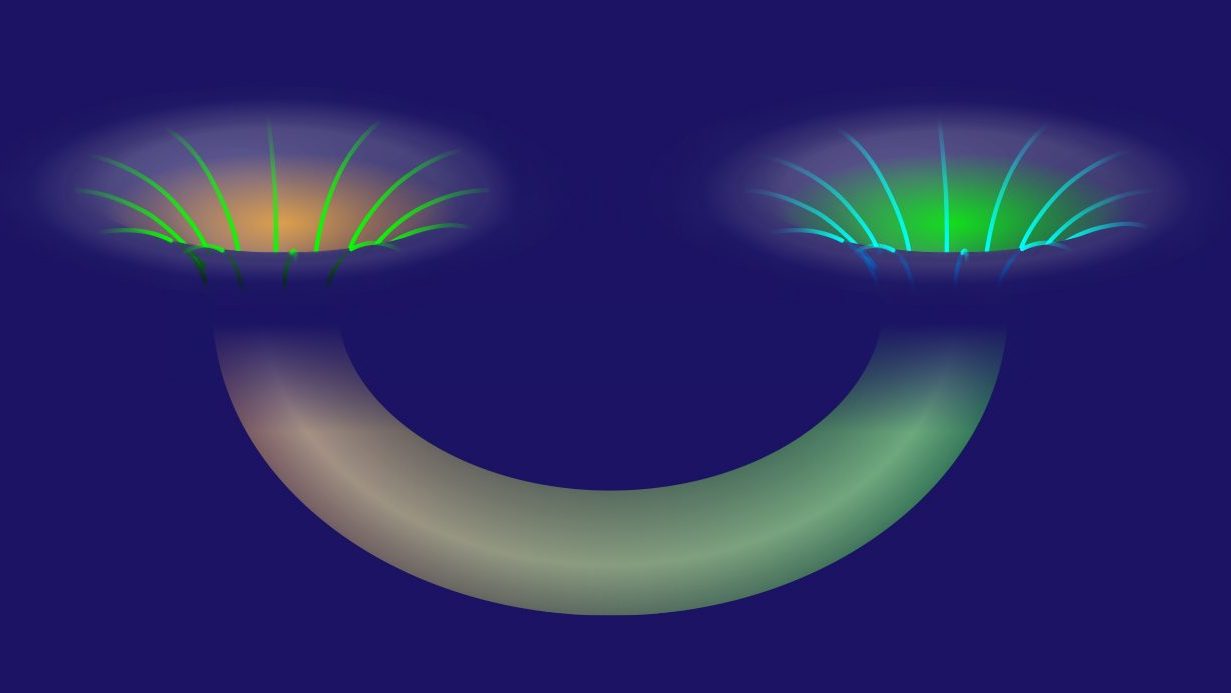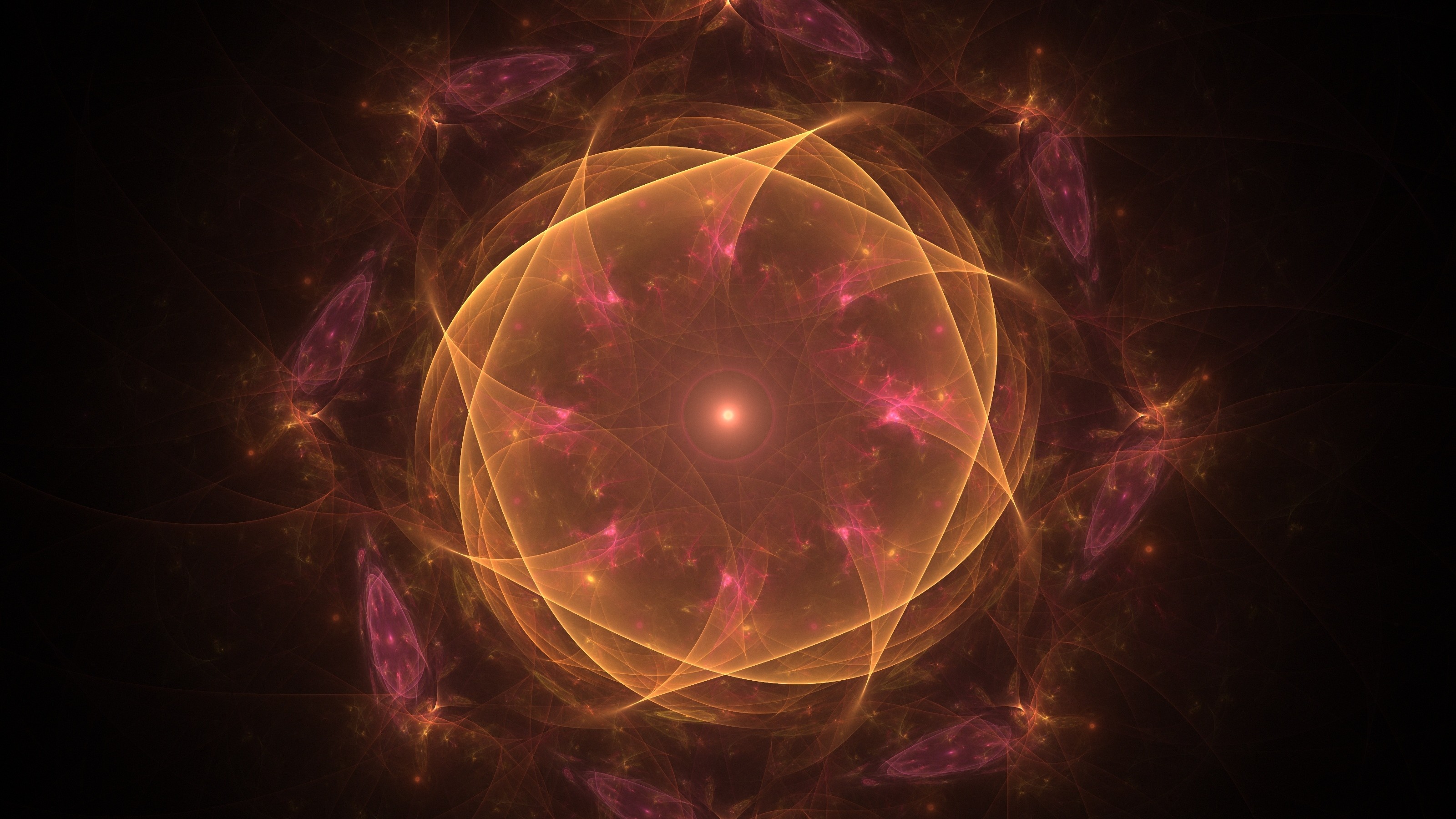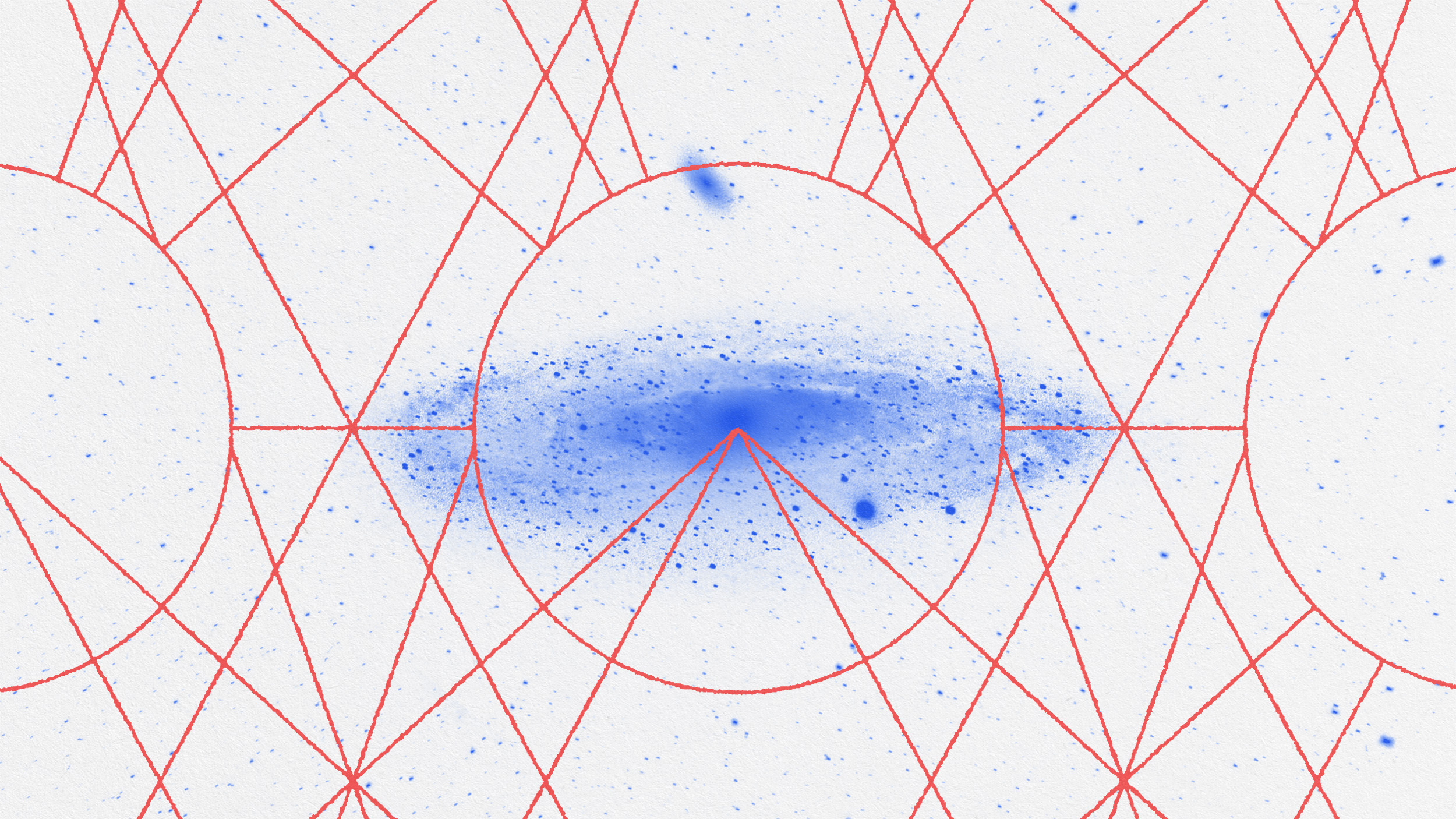Why There Are Probably Many Universes (Hint: Quantum Mechanics)

What’s the Latest?
On his blog, Caltech physicist Sean Carroll explains how if you accept quantum mechanics–now established as the dominant paradigm of physics, Einstein’s remarks about “spooky action” notwithstanding–it is not difficult to accept the multiple universes hypothesis. Yes, it’s a strange idea. So strange that it at first seems ridiculous and impossible. “Why, this objection goes, would you ever think of inventing a huge — perhaps infinite! — number of different universes, just to describe the simple act of quantum measurement? It might be puzzling, but it’s no reason to lose all anchor to reality,” writes Carroll.
What’s the Big Idea?
Our understanding of the classical Newtonian universe so dominates our worldview–it is the most storied physics narrative and the most observable to the naked eye–that any opposing theories risk severe cognitive dissonance. Positing more than one universe implies finding a lot of new space for those universes to fit into, but this is not how quantum mechanics conceives of space. “The reason why we can state this with such confidence is because of the fundamental reality of quantum mechanics: the existence of superpositions of different possible measurement outcomes.” If you accept the premises of quantum mechanics to be true, you must accept its conclusions.
Read more at Preposterous Universe
Photo credit: Victor Habbick/Shutterstock





